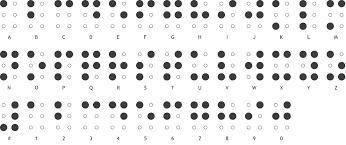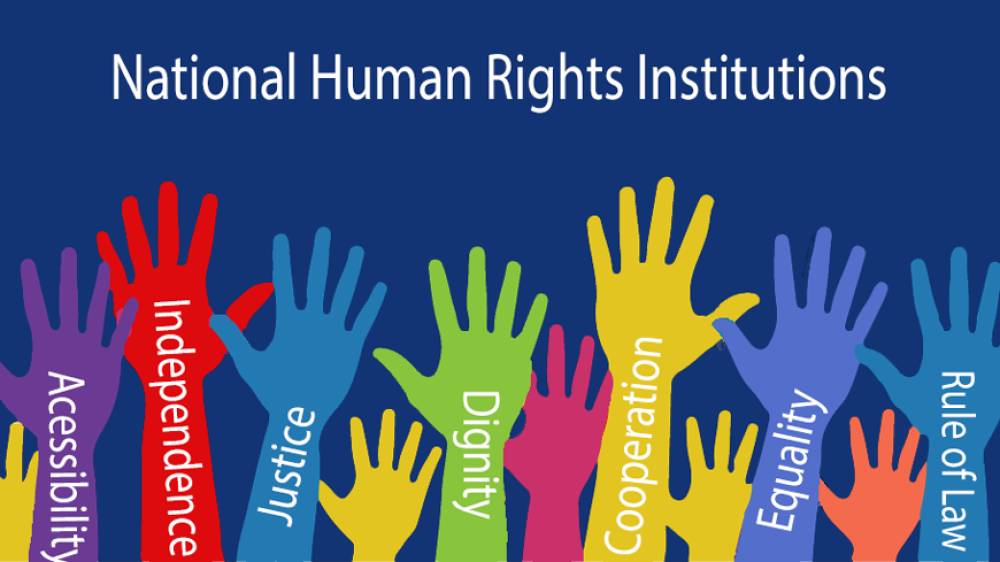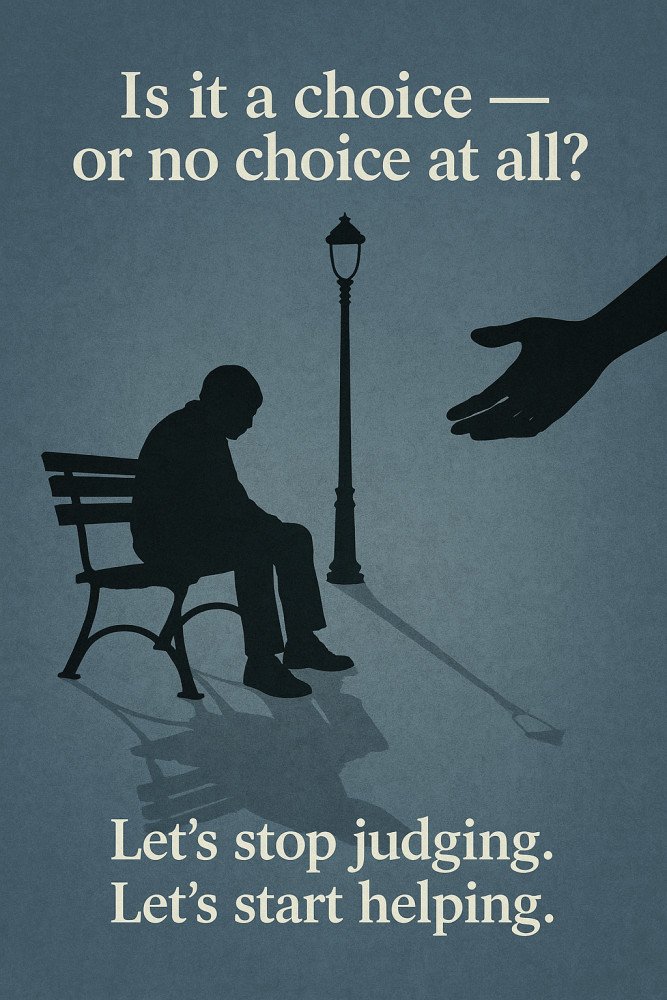

Protecting Human Rights: A Look at Mauritius' Legal Framework
Human rights form the foundation of a just and equitable society, ensuring the inherent dignity and freedoms of every individual. In Mauritius, a small island nation known for its commitment to democracy and social progress, human rights are enshrined in a comprehensive legal framework. This blog explores the laws and mechanisms in place in Mauritius that safeguard and promote human rights, highlighting the nation's efforts in protecting its citizens' fundamental rights and freedoms.
Constitution as the Pillar of Human Rights:
At the core of Mauritius' legal framework is its Constitution, which guarantees fundamental rights and freedoms to all citizens. The Constitution of Mauritius, adopted in 1968 and amended over time, provides a solid foundation for the protection of human rights. It includes provisions that uphold the right to life, liberty, equality, and non-discrimination, among others.
Legislative Measures for Human Rights Protection:
Mauritius has enacted numerous laws and statutes to protect specific human rights. These include the Equal Opportunities Act, which prohibits discrimination based on various grounds such as race, gender, religion, and disability. The Employment Rights Act ensures fair treatment and safeguards against unfair labor practices. The Criminal Code addresses offenses related to violence, discrimination, and harassment.
Judicial Independence and Access to Justice:
Mauritius maintains an independent judiciary that serves as a safeguard for human rights. The judiciary interprets and upholds the Constitution and laws, ensuring the protection of individual rights. Citizens have access to the courts and legal remedies to seek redress for human rights violations. The Supreme Court and other specialized courts play a vital role in upholding justice and ensuring human rights are respected and enforced.
Human Rights Institutions and Oversight:
Mauritius has established dedicated institutions to oversee and promote human rights. The National Human Rights Commission acts as an independent body, investigating complaints of human rights violations and making recommendations for redress. Additionally, the Ombudsperson's Office provides a mechanism for individuals to seek remedies for maladministration and violations of their rights by public authorities.
International Human Rights Commitments:
Mauritius is a party to various international human rights treaties, including the Universal Declaration of Human Rights, the International Covenant on Civil and Political Rights, and the International Covenant on Economic, Social, and Cultural Rights. By ratifying and adhering to these treaties, Mauritius demonstrates its commitment to global human rights standards and obligations.
Conclusion:
Mauritius' legal framework for human rights protection reflects its dedication to upholding the rights and freedoms of its citizens. Through its Constitution, legislative measures, independent judiciary, human rights institutions, and international commitments, Mauritius strives to ensure that human rights are respected, promoted, and protected within its borders. By continually strengthening its legal framework and fostering a culture of human rights, Mauritius sets an example for other nations in their pursuit of a just and inclusive society where every individual's rights are safeguarded.


